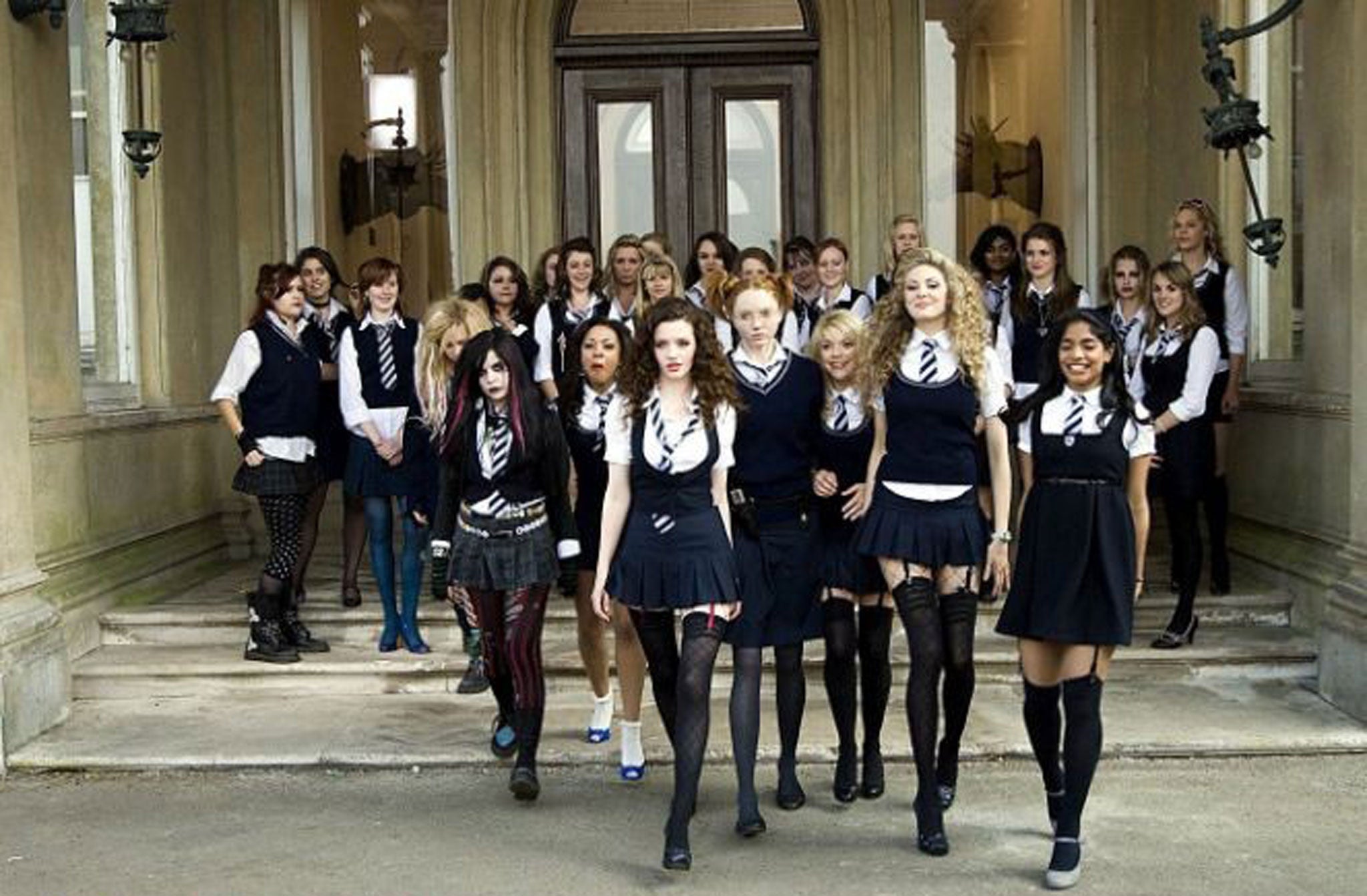‘Being polite’ has its place. But shouldn’t the Editor of Tatler really be telling girls to prioritise hard work?
Rules for the privately educated are different from those that apply to those of us who went to comprehensives


Kate Reardon, the editor of Tatler, has told pupils at an all-girls school that manners, and being polite and respectful, are more important than getting good exam grades. Throw in a bit of luck and a willingness to seize opportunities, says Reardon, and this is the recipe for career success. “It doesn’t matter how many A-levels you have, what kind of a degree you have,” Reardon said. “If you have good manners people will like you. And, if they like you, they will help you. I’m not talking about manners [such as] using the right spoon for soup or eating asparagus with your left hand. I’m talking about being polite and respectful and making people you interact with feel valued.”
I’m sorry, and I don’t wish to sound rude or disrespectful to Reardon, but that is complete and utter hogwash. Because if only it were that easy, to go through life being charming and polite. If only it were enough to go for a job interview and say: “Yes I know I don’t have any qualifications on my CV, but may I say how well your tie goes with your eyes?” There may be some careers where who you are matters more than your ability (I’m thinking, in particular, of a former government minister whose only qualification for the job seemed to be that his father was an MP). But, girls, this is not a standard to set your watch by.
Reardon was talking to girls at Westonbirt School, an independent school, in Tetbury, Gloucestershire. She herself went to Stowe and Cheltenham Ladies’ College, among the best private schools in this country. Aged 19, she turned down a place at university for a job at Vogue in New York and was fashion editor of Tatler by the age of just 21. Fair play to her, to have achieved the glittering success she has without a university degree.
For Reardon and the girls at Westonbirt, I can imagine plenty of opportunities come their way for them to seize, and that there is a lot of “luck” to be had out of the private school system, whose alumni are disproportionately represented in the top professions, the Civil Service and government. It is easy to say that hard work at school isn’t the most important thing when you have the safety net of privilege to keep you bouncing through life. But if Reardon had been speaking to girls at the Liverpool comprehensive school I went to, I would hope her advice would go unheeded.
If I and other girls (and boys) at my school had followed this advice and not put in hard work – not just academic success, but graft – we would not be (politely) waiting in line at parties but joining the dole queue. Or settling for a low-paid job, perhaps telling our boss: “Of course, a zero-hours contract is absolutely fine, and may I say how lovely your chicken factory is?”
Let me be clear: not having a university degree shouldn’t preclude anyone from getting a good job, and turning that into a successful career. Increasingly (for those of us without the connections) there are apprenticeships for the less academic pupils. But to suggest that kindness and politeness is a substitute for working hard at school is the wrong message. If you want to do well in life, put in the work.
This is not just about pitting my state education against her private school experience. Independent girls’ institutions should not be mini-finishing schools turning out well-mannered young ladies but they should – as many of them do – be drilling their pupils with the message: work hard.
What is being “respectful” anyway? I am all in favour of politeness, but sometimes “respectful” is just another word for being obedient and submitting to authority. Isn’t it better to challenge? Sometimes those in authority – even successful editors of magazines – are wrong.

Join our commenting forum
Join thought-provoking conversations, follow other Independent readers and see their replies